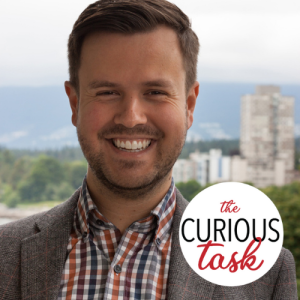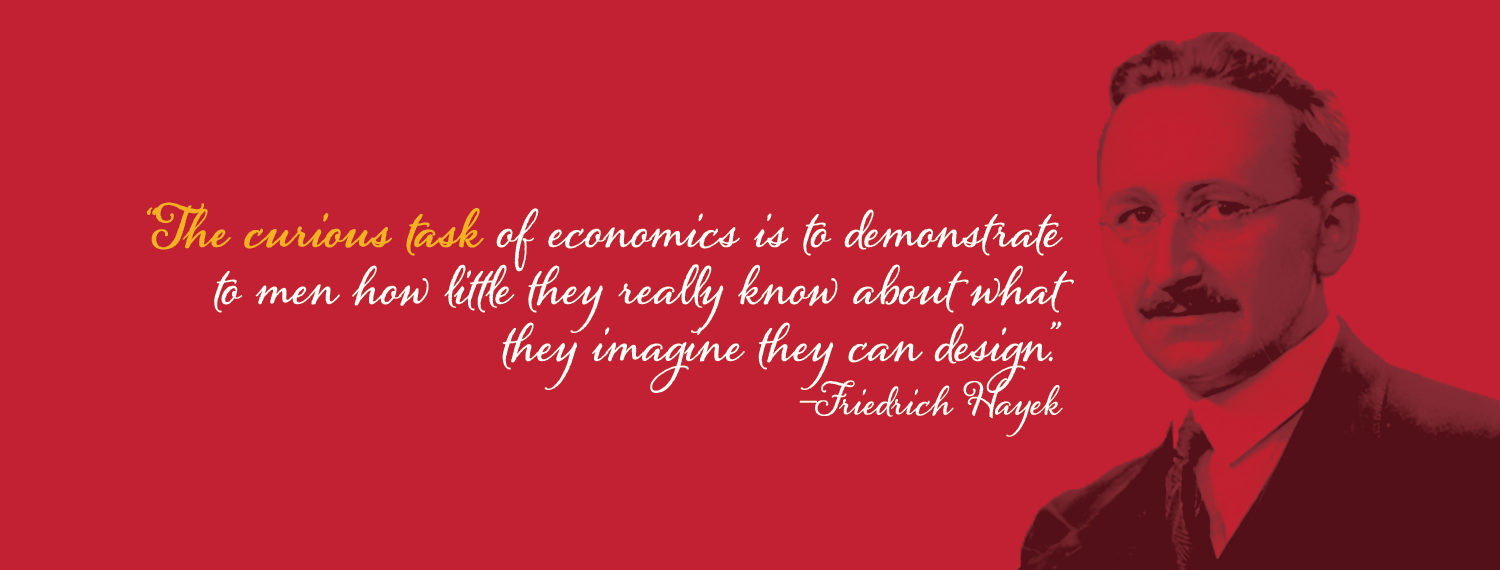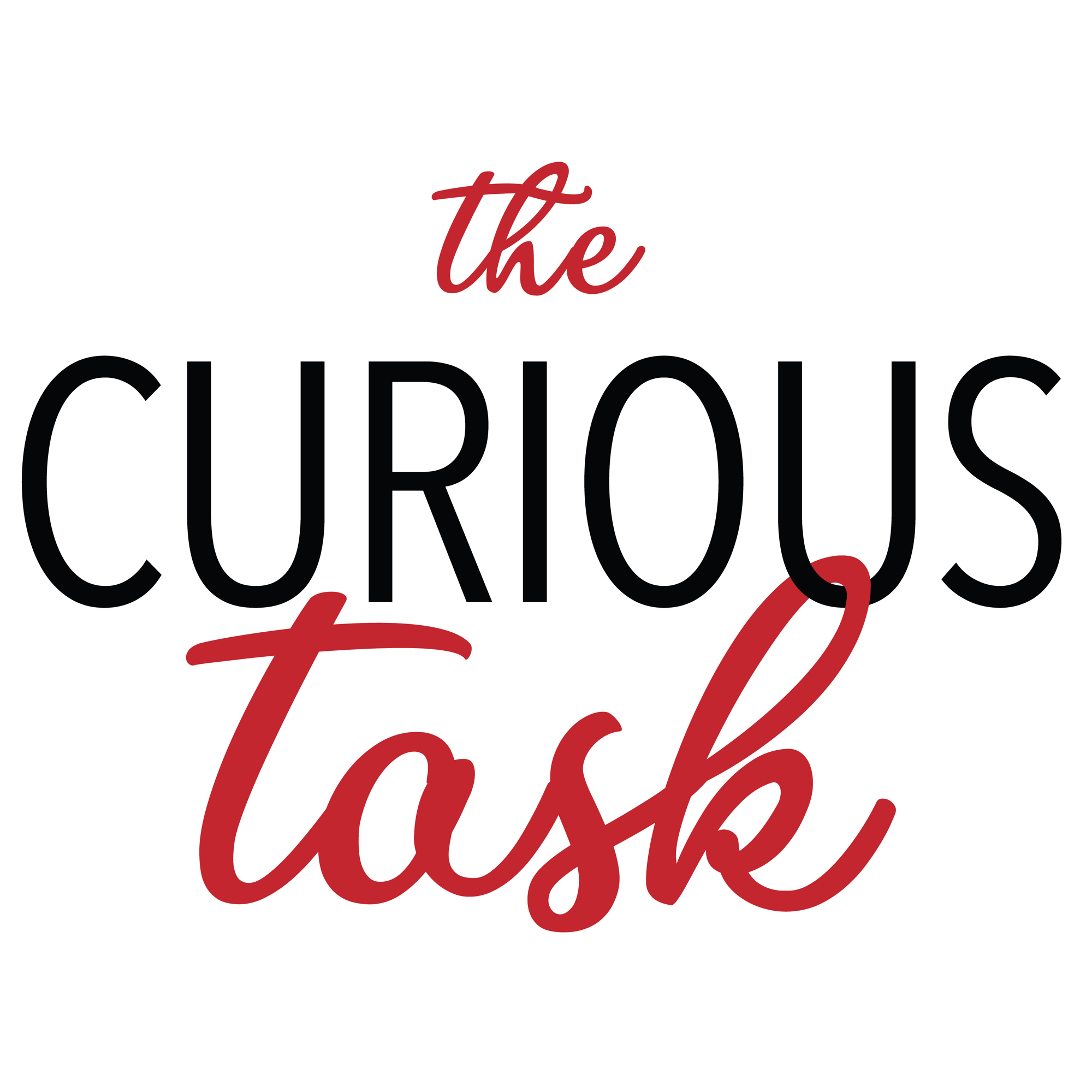Episodes

Wednesday Oct 28, 2020
Eric Merkley — Why Don't We Trust The Experts?
Wednesday Oct 28, 2020
Wednesday Oct 28, 2020
Alex Aragona speaks with Eric Merkley as he explores the reasons why the public often mistrusts experts.
References from Episode 65 with Eric Merkley
- Eric has a list of his publications on his website.
- Alex references the following excerpts from Eric’s article “Anti-Intellectualism, Populism, and Motivated Resistance to Expert Consensus,” which can be accessed through an active account with Oxford Academic or your Institution at this link:
“… anti-intellectualism, the generalized mistrust and suspicion of intellectuals and experts...”
“Populism and anti-intellectualism have a complex relationship. They are connected to one another, but the latter should not be seen as a component of the former.” - Alex also references the following excerpts from Eric’s article “Are Experts (News)Worthy? Balance, Conflict, and Mass Media Coverage of Expert Consensus,” which can be accessed through an active account with Taylor and Francis Online or your Institution at this link:
“The fault for sharply diverging opinions between experts and the public may not entirely rest with citizens, however. Scholars must also be attentive to the political information environment – the information space used by citizens to learn about political issues – of which the news media is a critical part.”
“News coverage of expert consensus on general matters of policy is likely limited as a result of journalists’ emphasis in news production on novelty and drama at the expense of thematic context.” - Bill Clinton’s speech on American protectionism from the Washington Boeing Hangar is available for viewing on Youtube here.
- More contextual information on the top-down model of attitude formation is available from this study published on the US National Library of Medicine National Institutes of Health or this article by Ryan M. Stolier and Jonathan B. Freeman.
- Martin A. Nie published an article on Bill Clinton and Al Gore’s relationship to the environment for Presidential Studies Quarterly, which can be accessed with an active JSTOR account here.
- You can read Eric’s article, “The causes and consequences of COVID-19 misperceptions: understanding the role of news and social media,” that was featured on the Harvard Kennedy School’s Misinformation Review at this link. It discusses how social media is more responsible for misinformation than newsmedia (infodemic).
Version: 20241125


No comments yet. Be the first to say something!